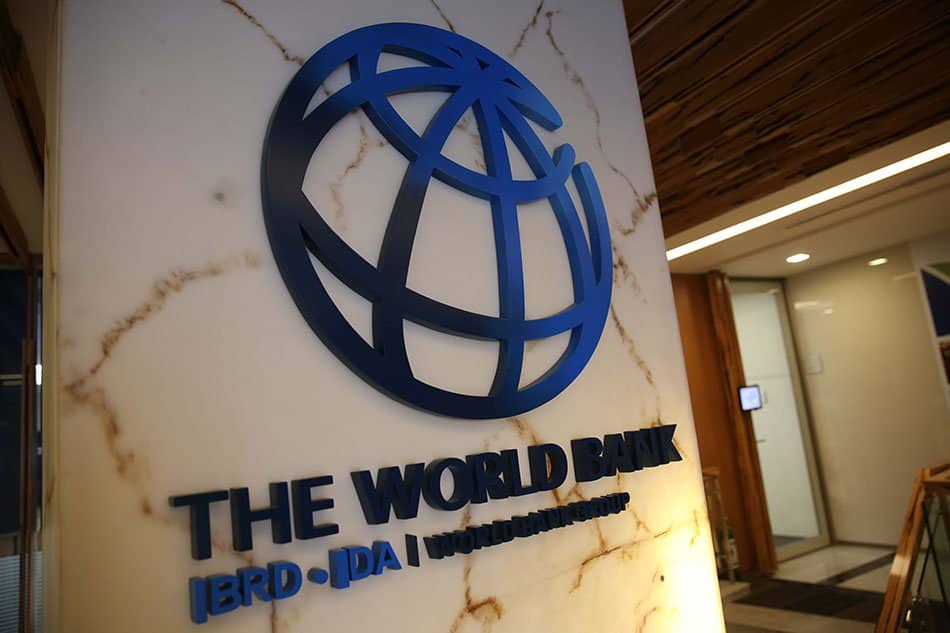The World Bank says in the absence of significant FX management reforms, Nigeria’s foreign reserves are projected to remain stagnant in 2023.
In its recently released report titled ‘Macro Poverty Outlook for Nigeria : April 2023’, the Bretton Woods institution said fiscal and external pressures are expected to persist due to rising global and domestic interest rates and low oil revenues resulting from the moderation in oil prices and inability to significantly increase oil production.
“Downside risks to Nigeria’s outlook have intensified, with most of the risks coming from domestic policies, continued low oil production, and heightened scarcity of foreign exchange and local currency.
“Fiscal and debt pressures will increase if the petrol subsidy is not phased out in June 2023, as envisaged in the 2023 Budget.”
In the report, the World Bank said macroeconomic stability has weakened amidst declining oil production, costly fuel subsidies, exchange rate distortions, and monetisation of the fiscal deficit.
READ ALSO: Ex-Mastercard Inc. chief, Banga to replace Malpass as President of World Bank
The bank said the deteriorating economic environment has further pushed millions of Nigerians in poverty.
Proffering solutions to strengthen the country’s economy, the World Bank advised the government to restore macroeconomic stability by intensifying efforts towards exchange rate unification as well as reducing inflation.
“The authorities can strengthen the economy by restoring macroeconomic stability through reforms to (i) increase oil and non-oil revenues, (ii) tighten monetary policies to reduce inflation, and (iii) unify the multiple FX windows and adopt a single, market- responsive exchange rate,” the World Bank said.
“Increased insecurity as well as adverse climate change effects could further dampen the economic outlook for Nigeria.”

 Entertainment1 week ago
Entertainment1 week ago
 Business1 week ago
Business1 week ago
 Health1 week ago
Health1 week ago
 Business1 week ago
Business1 week ago
 Latest1 week ago
Latest1 week ago
 Entertainment1 week ago
Entertainment1 week ago
 Football1 week ago
Football1 week ago
 Entertainment5 days ago
Entertainment5 days ago

